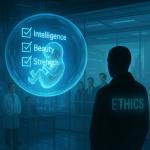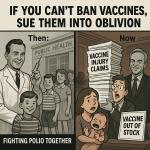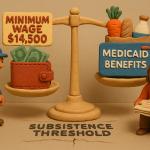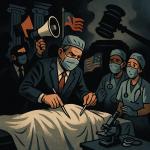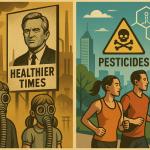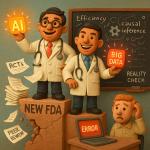The secrets of our genes can be mined or misused. Our challenge is to sift through the data, utilize the tools, knowledge, and wisdom of what we can handle, and resist the temptation of tangling with the remainder.
Policy & Ethics
As I wrote in 2022 in Time for Change, there are many exciting and effective alternatives to animal testing, many of which outperform animal
Imagine that you want to decrease vaccine use, but you can’t outright say so. What can you do? How about increasing lawsuits against manufacturers, which might, if history is any guide, create a vaccine shortage?
Unless you have been sheltered in your bunker, you could not have missed one of the significant discussions around the Big Beautiful Bill (BBB), the impact of a “work requirement” for Medicaid participants.
The recent Supreme Court Skrmetti decision, validating legislation banning puberty blockers and hormonal treatment for trans-childr
Purdue Pharma recently reached a $7.4 billion settlement with all 50 states and the Di
In January 2025, I wrote about how the battle to define “unreasonable risk” under the Chemical Saf
Join Cameron English and Dr. Chuck Dinerstein on Episode 118 of the Science Dispatch podcast as they discuss:
Beyond formatting concerns, the MAHA report blames synthetic chemicals for our obesity, eczema, and chronic di
